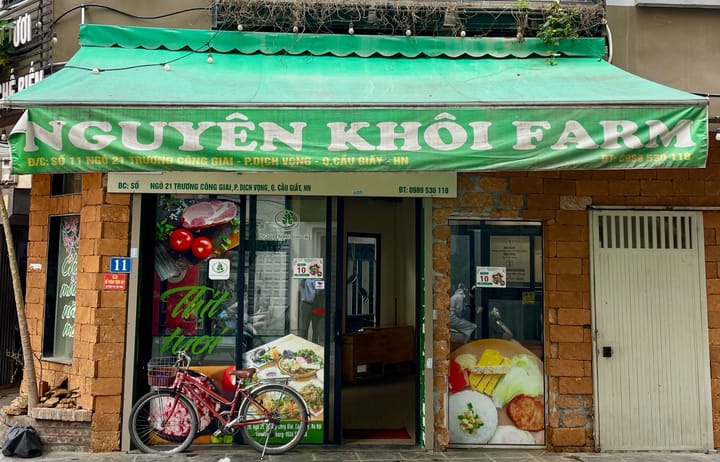Extending social protection to informal workers
Across Africa, and in many other developing economies around the world, informal enterprises represent the majority of the business sector. While definitions vary, informality generally refers to micro and small enterprises that operate without full compliance with the legal and regulatory framework. They are typically unlicensed and unregistered. They also employ workers in an informal manner – without contracts and under poor conditions. This includes the lack of social protection. Finding ways to provide social protection to informal workers, and business owners, is a major challenge.
In 2011 I was involved in the drafting of guidance for donor and development agencies for the Donor Committee for Enterprise Development on how to support business environment reforms that deal with the causes and consequences of informality. While the formalisation of informal firms is a key objective for these reforms, this is not always possible. There are many reasons for informality and a poor business environment is but one. (A nice paper on this was produced by Clifford Zinnes in 2009 in the lead up to the finalisation of the guidance.) So reforms should also focus on how to improve the conditions for informal firms:
Because informal economic activity can promote innovation and can act as a buffer to economic shocks that developing economies regularly face, an additional objective of business environment reform is to improve the conditions in which informal actors operate. Reforms can enhance the positive effects of informality while making it safer, protecting the vulnerable, and encouraging equity. A dynamic, competitive, and growing economy will display movement between the formal and informal economies (Donor Guidance, p. 2).
There have been a number of new initiatives that seek to do this.
In Cameroon, it has been reported that only 10 per cent of the working population of Cameroonians are covered by social insurance. However, a new initiative aims to extend this coverage. On 20 August 2013, members of the National Labour Advisory Board met to examine two draft decrees on the National Social Insurance Scheme. Opening the meeting on behalf of the Minister of Labour and Social Security, the Inspector General of Labour and Social Security, John Yerwoh Forchu, said the aim of the gathering, was to seek ways of extending social insurance benefits to workers in the informal and liberal sectors in Cameroon.
In Nigeria is was recently reported that the pension industry wants to expand pension coverage in the informal sector by 10 million, stretching the total to 20 million in five years. Increasing participation and coverage of pension funds is seen as a means to promote capital formation and financial sustainability and, above all, provides a social safety net. Without it, Nigerians mostly rely on family and friends as mechanisms for coping with disability, death, retirement.
Mansard Insurance has been licensed by the Nigerian National Insurance Commission to underwrite life and non-life insurance businesses. It has established Mansard Deferred Annuity Plan as a vehicle to assist people to accumulate funds as regular savings during their productive working lives for the purpose of earning regular income for life from their chosen retirement age. The scheme includes a savings accumulation phase to be determined by the annuitant and a disbursement phase, which commences at retirement or the annuitant’s chosen age or age 60, whichever comes first.
As most Nigerian workers live from hand to mouth with mounting cost of basic necessities, many workers have more than their fair share of dependants that make it impossible for them to save. Having a voluntary retirement plan prior to retirement is a situation most Nigerians need to take seriously. They can do this through saving a fraction of their wages toward their retirement.
In 2002 the International Labour Conference in Geneva adopted a Resolution concerning decent work and the informal economy. This called for the needs of workers and economic units in the informal economy to be addressed, with emphasis on an integrated approach from a decent work perspective. The International Labour Organization has set up mechanisms to collect and share lessons from good practice and policy across the four strategic objectives and different regions with a view to improving “know how” and “show how”.
This year, in 2013, the ILO has published an extensive resource guide on how to support the transition for formality – available here. The section on policy instruments for extending social protection can be found here.
This is a challenging and interesting field of work. It requires pragmatism mixed with ambition – key ingredients for innovation in public policy.


